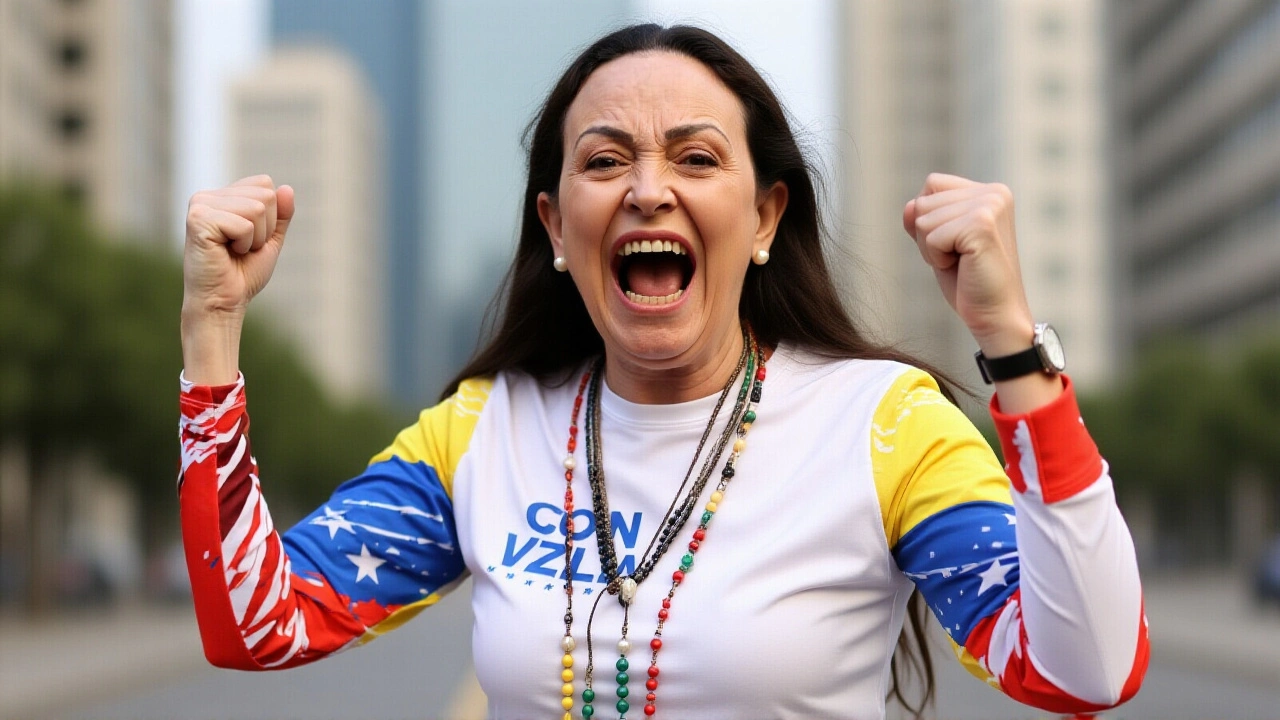When talking about Venezuela, a South American country rich in oil and marked by a turbulent political scene. Also known as Bolivarian Republic of Venezuela, it plays a pivotal role in regional energy markets.
The nation's oil industry, one of the world’s largest proven reserves fuels both its economy and its international relations, while the ongoing political crisis, centered on governance, legitimacy and sanctions shapes daily life for millions. Venezuela therefore sits at the intersection of energy, geopolitics and social change.
Beyond oil, the economy, characterized by high inflation and a shrinking GDP has become a daily concern for households. The official Bolívar, Venezuela’s national currency loses value at a rapid pace, prompting many to turn to the US dollar or cryptocurrencies for stability. Price spikes affect everything from food to fuel, and the government’s price‑control policies often create shortages. Understanding these macro‑economic forces helps explain why investors watch oil prices, why policymakers debate sanctions, and why ordinary citizens line up for basic goods.
These economic pressures drive one of the most visible consequences of the crisis: massive migration, the flow of Venezuelans to neighboring countries and beyond. Over the past decade, millions have left for Colombia, Brazil, Peru and the Caribbean seeking work, safety or medical care. The diaspora forms vibrant communities abroad, sending remittances that now account for a sizable share of national income. At the same time, host nations grapple with resource strain, social integration, and border management—all linked back to the political and economic climate at home.
Culture remains a powerful counterbalance to hardship. Music, especially the traditional gaita and salsa rhythms fills streets during festivals like Carnaval, while the ubiquitous arepa, a corn‑based staple eaten at any meal provides comfort across social classes. Film, literature and street art also flourish, often commenting on social issues with humor and resilience. This cultural vibrancy shows that despite economic strain, the Venezuelan spirit continues to innovate and inspire, both locally and in the diaspora.
Geographically, Venezuela, spans the Andes, the Caribbean coast and the Amazon basin gives it a diverse climate and abundant natural resources. The Orinoco River, one of the longest rivers in South America supports fisheries and hydro‑power projects, while the northern coast hosts major oil platforms. The country’s rainforests hold rich biodiversity, making conservation a global concern. These geographic features directly affect the nation’s economic sectors—oil extraction, mining, agriculture—and shape settlement patterns, tourism potential, and environmental policy debates.
All of these threads—energy, politics, money, people, culture, and land—intertwine to form the full picture of Venezuela today. Below you’ll find a curated mix of stories that dig into each of these angles, from breaking political updates to deep‑dive analyses of the oil market, from human‑interest pieces on migration to celebrations of Venezuelan music and food. Browse the collection to get a nuanced view of how the country’s challenges and strengths are playing out right now.
Posted by
Siseko Tapile
16 Comments

María Corina Machado of Venezuela wins the 2025 Nobel Peace Prize, spotlighting her fight for democracy and drawing global attention to the country's crisis.
read more